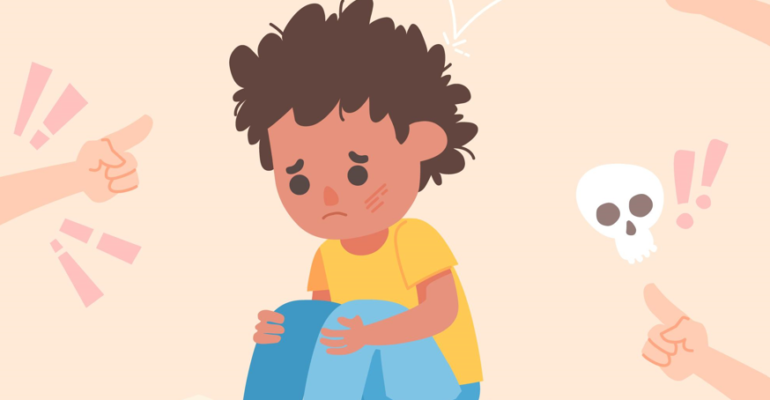Exploring the Link Between Dyslexia and Aggressive Behavior in Primary School Children: A Study of Fourth and Fifth Graders
4 January 2025 2025-01-04 3:47Exploring the Link Between Dyslexia and Aggressive Behavior in Primary School Children: A Study of Fourth and Fifth Graders

Exploring the Link Between Dyslexia and Aggressive Behavior in Primary School Children: A Study of Fourth and Fifth Graders
This study examines the relationship between dyslexia (the independent variable) and aggressive behavior (the dependent variable) among fourth- and fifth-grade elementary school students. It underscores the importance of understanding the psychological and social effects of dyslexia, as this learning disorder may lead to aggressive behaviors stemming from children’s frustration and the psychological pressures they face in both educational and social settings. Such difficulties can hinder their academic progress and social development.
The central research question is: To what extent does dyslexia contribute to the emergence of aggressive behavior in children? To address this question, the study investigates how this learning disorder influences children’s day-to-day social interactions and behavior and proposes recommendations for mitigating these challenges.
Methodologically, the research was conducted in primary schools in Kenitra, Morocco, and involved a purposive sample of five children (four boys and one girl) between the ages of 10 and 13, all of whom had been diagnosed with dyslexia by a speech therapist. The study employed a clinical perspective and a descriptive approach, utilizing various tools including case studies, guided interviews, and the Aggressive Behavior Scale (Amaal Abd El-Samie Melleigi Abaza, 1996).
The qualitative analysis revealed that dyslexia significantly contributes to the onset of both verbal and physical aggressive behaviors. This finding confirms that dyslexia is one of the factors influencing hostility in children, highlighting the need for early diagnosis and tailored interventions to reduce such behaviors and improve children’s academic and social experiences.
In conclusion, this research adds to the scientific understanding of how learning disorders influence behavior. It offers practical recommendations such as early screening, providing psychological and educational support, training teachers on ineffective strategies for working with dyslexic students, and raising family awareness of their crucial role in supporting their children.
Khadija HAMMADI
Related Posts
Search
Categories
Popular Tags
Popular tags






